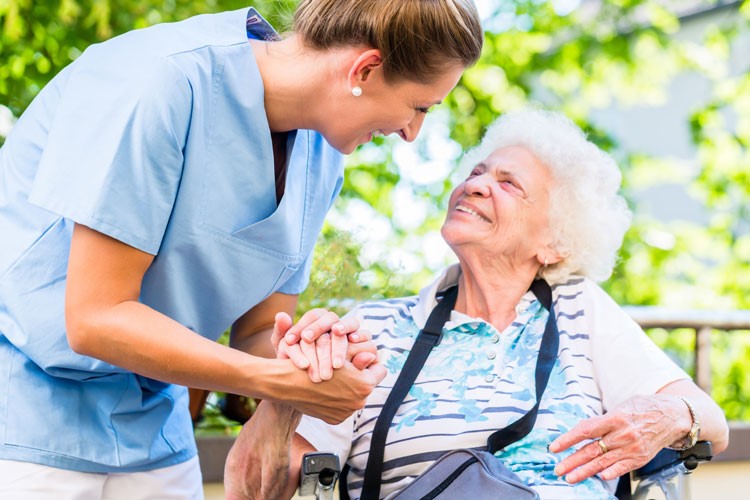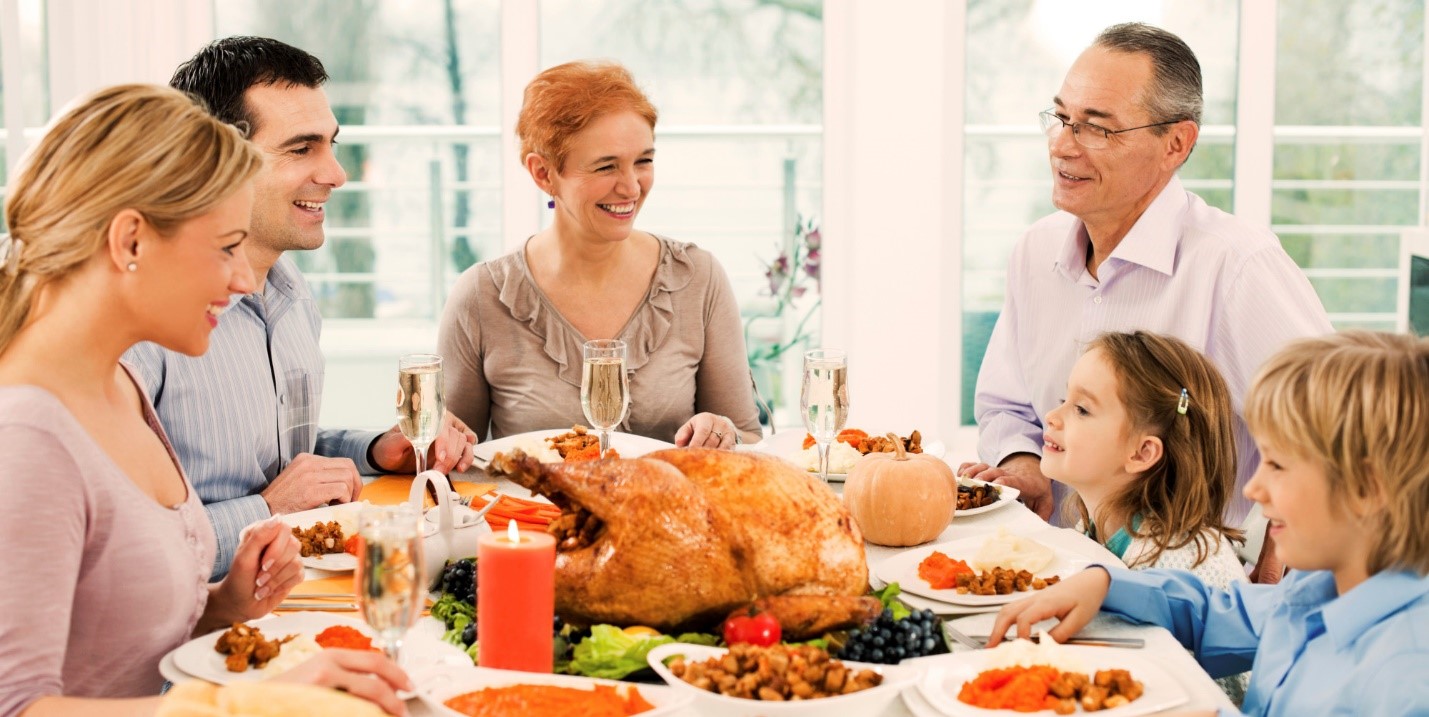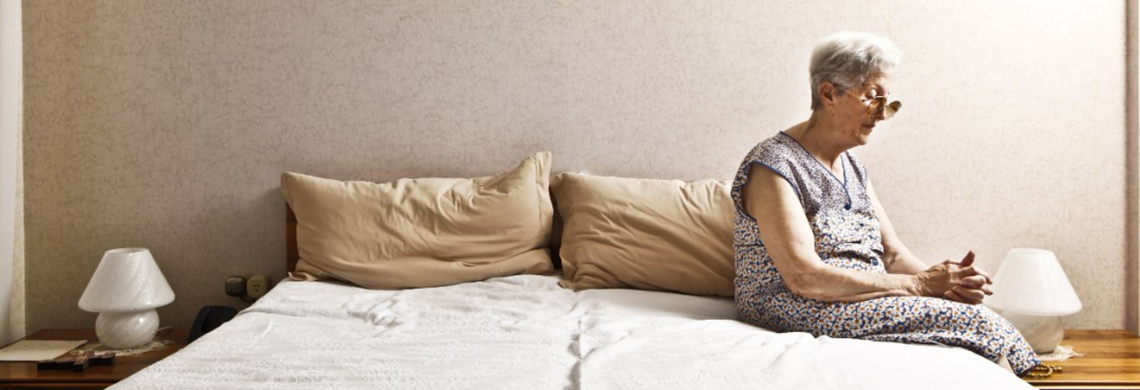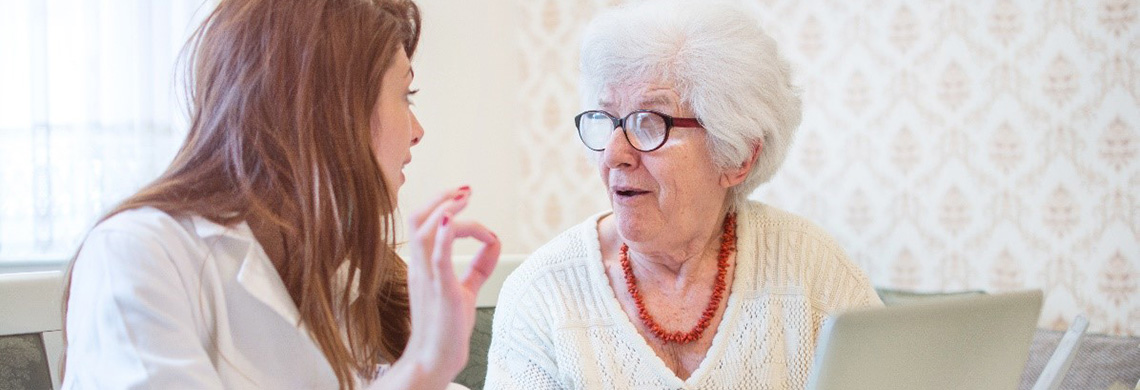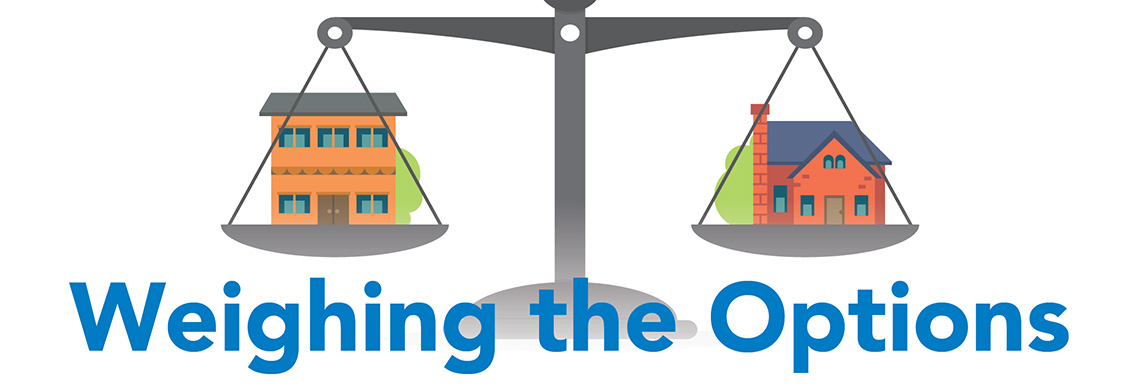As we head into the holiday season we know family gatherings are a must. Some of us will be seeing our aging family for the first time in months, years, or maybe only a couple of days. As we spend time with them, we may notice that they are moving a little slower or that they are having problems completing basic tasks. This could be a great opportunity to start a conversation with your family about getting home care for your aging loved one.
Home care is a service that does not involve nursing-related activities such as wound care, palliative care, and medication administration. Senior home care provides a range of supportive services that include common activities of daily living (ADLs) like bathing, dressing, cooking.
Various studies show that individuals prefer to age in the place they feel most familiar – in the comfort, privacy, and safety of their own home. As your loved one ages, you may want or require home care to help them age in place safely. Because every situation is different, senior home care is customized and tailored for each individual. This could include having an aide take your loved one to get their hair done, helping with the groceries, or just reminding them to take their medication that day. Home care will help increase the quality of life your loved one has at home. Plus, home care patients are still able to keep their independence, while aging safely and happily in their own home.
If you notice your loved one showing some of the following signs, they may not be able to care for themselves in a safe way at home anymore and may benefit from senior home care:
- Housekeeping is behind
- Recent loss of spouse of loneliness
- Has difficulty driving
- Bills are paid late
- Declining personal hygiene
- Appliances left on and forgotten
- Medications are not being taken on schedule
- Does not want to cook anymore
- Has arthritis related difficulty performing tasks
- Common items lost or misplaced
- Recently diagnosed with dementia/Alzheimer’s
Before you cut into the turkey this year, or have the debate on who gets the last piece of grandma’s amazing pumpkin pie, pay special attention to your aging loved one. See if they are showing any of the signs indicating they may need more assistance. After all, this is the season of giving and what better way to give back to your loved one then helping them to live a longer happier life at home.


